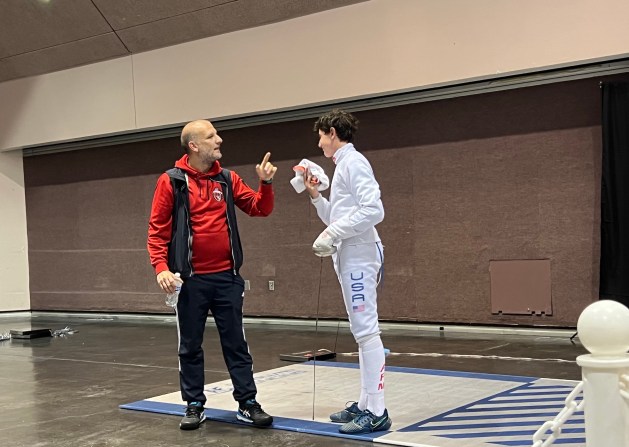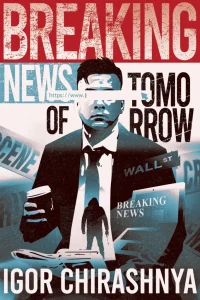
In a recent scenario at the November NAC in Fort Worth, a fencer faced a challenging bout, losing to an opponent who seemed, at least on par in skill. When asked about the opponent’s scoring actions, the reply was, “in attack.” Further inquiry revealed that the fencer, following the coach’s directive, repeatedly employed the same unsuccessful defense action. The fencer justified this persistence, stating, “because I know the action was correct, and the coach told me to do it, but I just didn’t succeed in the execution!”
Here’s the revelation, dear fencers: Your coach might be WRONG!
Now, before fencing coaches worldwide rally to defend their profession, let’s delve into what this really means.
Fencing isn’t a precise science; it’s an art. Unlike math, there isn’t a single solution for every situation. The goal is to score a point, achievable through myriad strategies. Your coach, experienced and knowledgeable, observes situations and provides specific instructions based on their wealth of experience. They understand your skills and read your opponent well. All of this is correct, but there’s one thing they can’t fully gauge – your current state.
Maybe your fingers are numb, or your sense of distance is off. Perhaps your feet ache, or your timing feels different. A million factors can influence the effectiveness of an action. While your coach’s instruction may be spot-on in theory, executing it successfully rests on your shoulders.
One critical aspect is that the responsibility for the bout’s outcome lies with you, not your coach. They’re involved, but you’re committed. If you win, your coach feels pride, but if you lose, it’s you who bears the weight.
Understanding this fundamental truth is crucial. It’s you on the strip, and your coach is there to assist, not dictate. They’re involved; you’re committed. Once you internalize this, you grasp that the decision on the strip is yours alone.
Your coach is experienced, and their instructions are tailored to the situation, your opponent, and your skills. However, they can’t assess your current physical and mental state. If external conditions impede your execution, persisting with the coach’s advice may lead to repeated failure.
Consider the dynamic nature of a bout. Situations change rapidly – distances alter, rhythms shift, and opponents adapt. While the coach’s instruction may have been perfect a minute ago, it might not fit the evolving dynamics.
So, if you find yourself repeatedly attempting a coach-recommended action without success, don’t persist blindly. Let the authority guide you, not dictate your final decision. The ultimate judgment rests with you.
Let me share a story I heard about a year ago. While I couldn’t verify the details, it emphasizes the point well.
Centuries ago, a Prussian officer defended a position as ordered by the King, persevering until the last of his soldiers fell. Expecting commendation because he succeeded in deflecting the enemy’s army and preserving the Prussian position, the officer was sent to a field court instead. Perplexed, he exclaimed, “Your Majesty, I followed your orders! I held my ground against the enemy!” The King, with a wisdom that transcended blind obedience, responded, “You are a royal officer not to blindly follow my orders but to apply your best judgment in any situation. Your actions cost me the battalion.”
Don’t be that officer; learn to apply judgment.
Now, it’s essential to acknowledge that, in most cases, the coach is right. Their advice, observation, insight, and moral support are crucial. However, there are situations when the prescribed action doesn’t work, and it’s okay to exercise your judgment.
Remember, fencing is not just a physical sport; it’s a mental one. In any competition, you must adapt, assess, and, when needed, make decisions that align with your current reality. In this delicate balance between coach guidance and personal judgment, you’ll find the path to continuous improvement and success on the fencing strip.




I most rely on my strip-coach’s point-of-view, i.e. their ability to see from the side what I can’t from straight on. My one-minute break’s first question is always “What are they doing?” It’s then incumbent on me to synthesize that intelligence and execute.
True. The key phrase here is “it’s incumbent on me to synthesize and execute.”